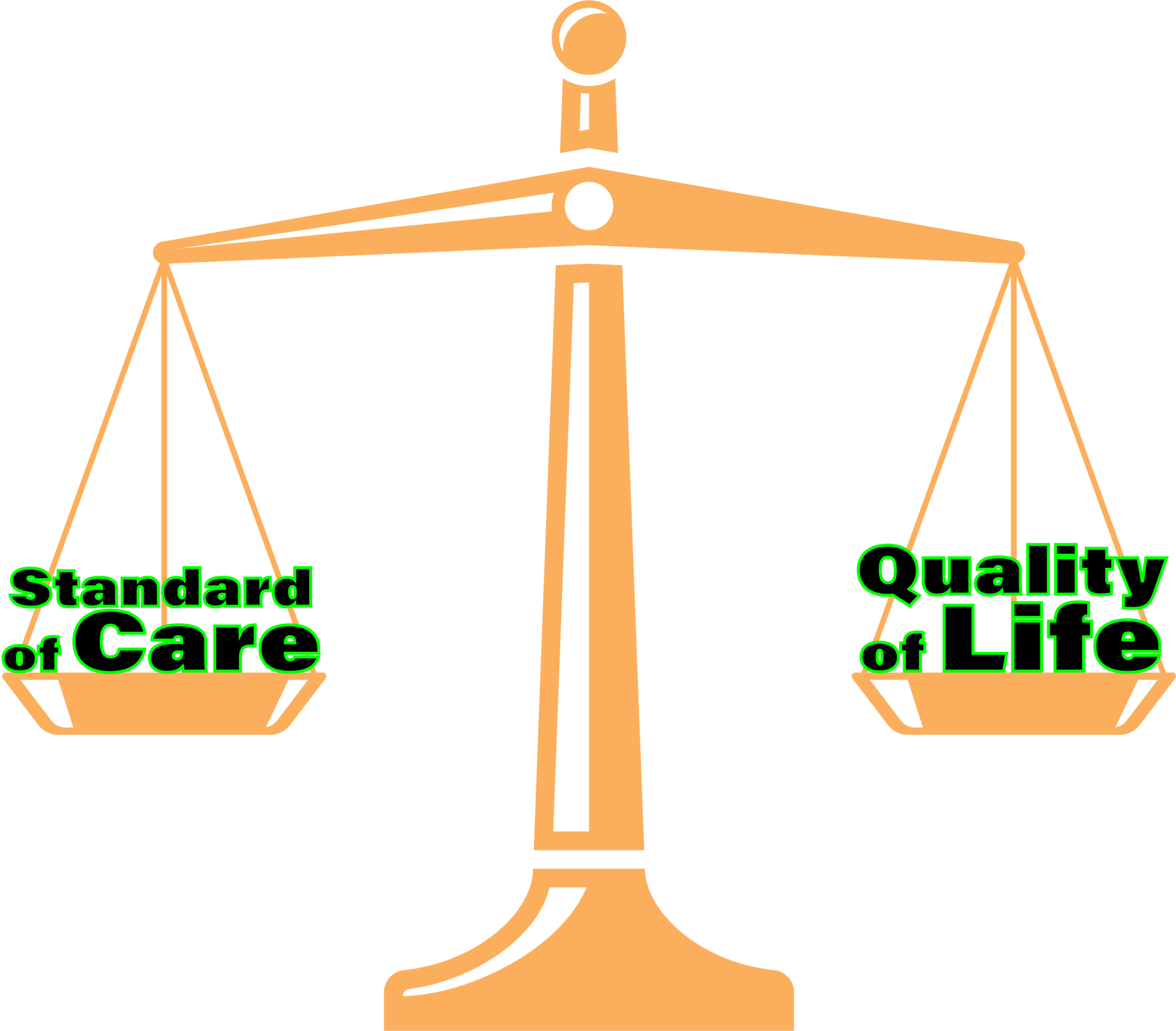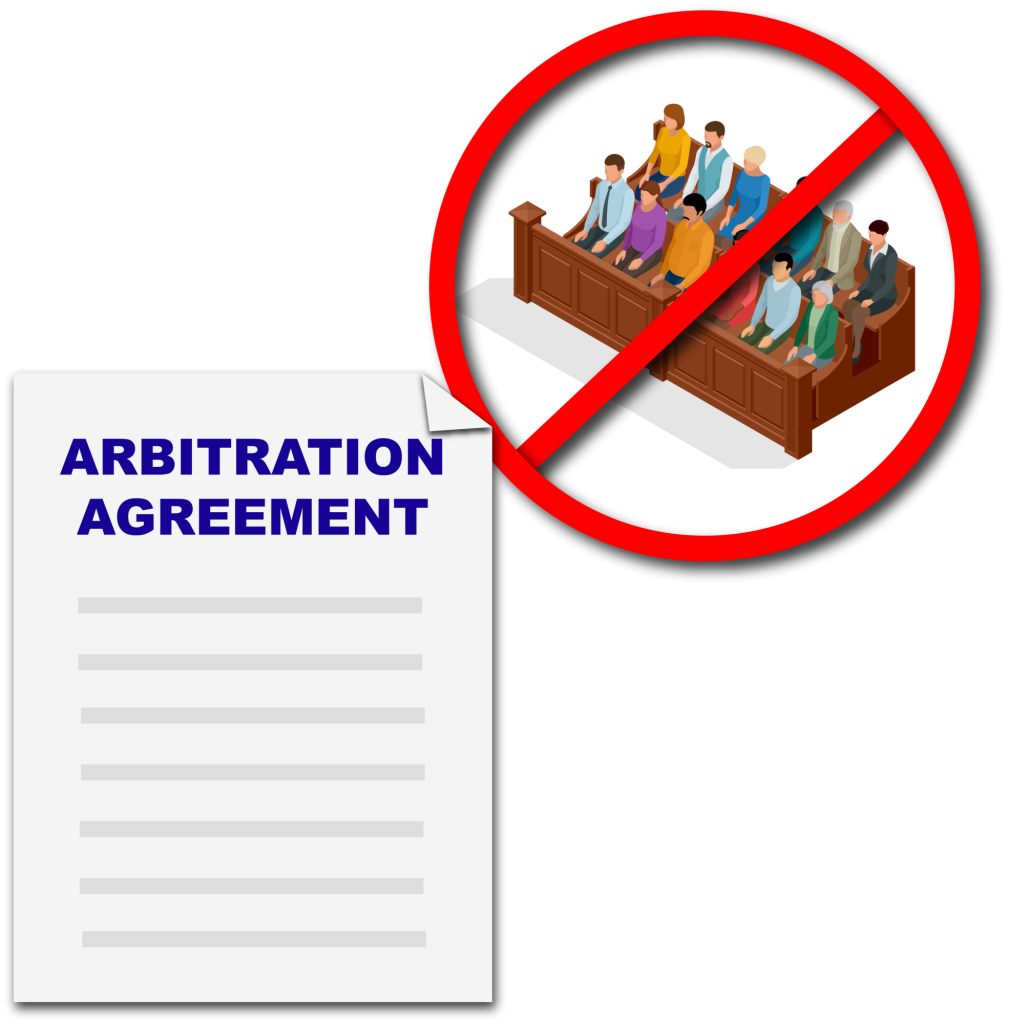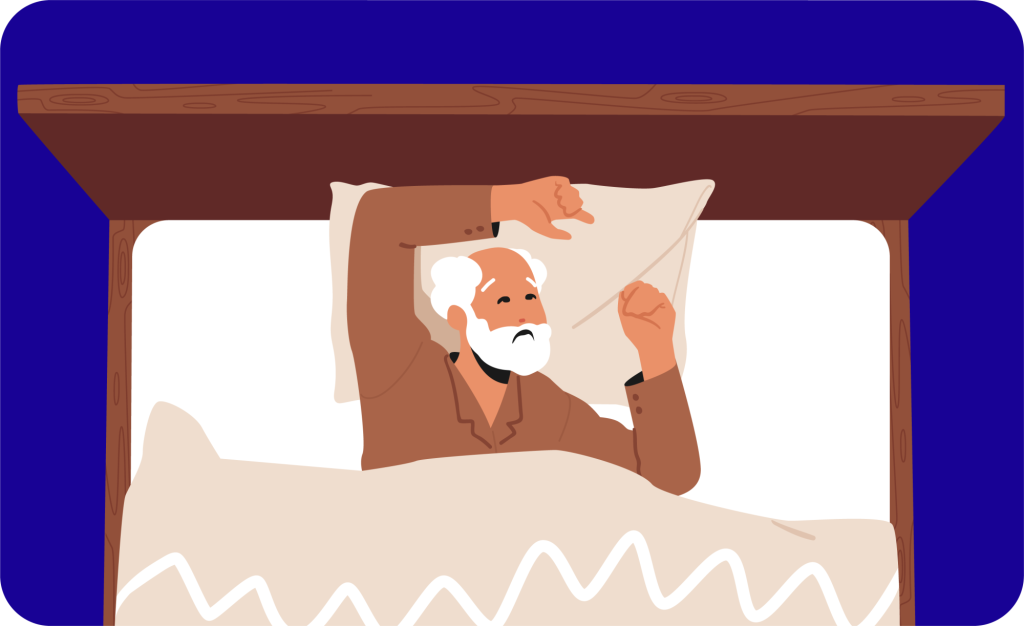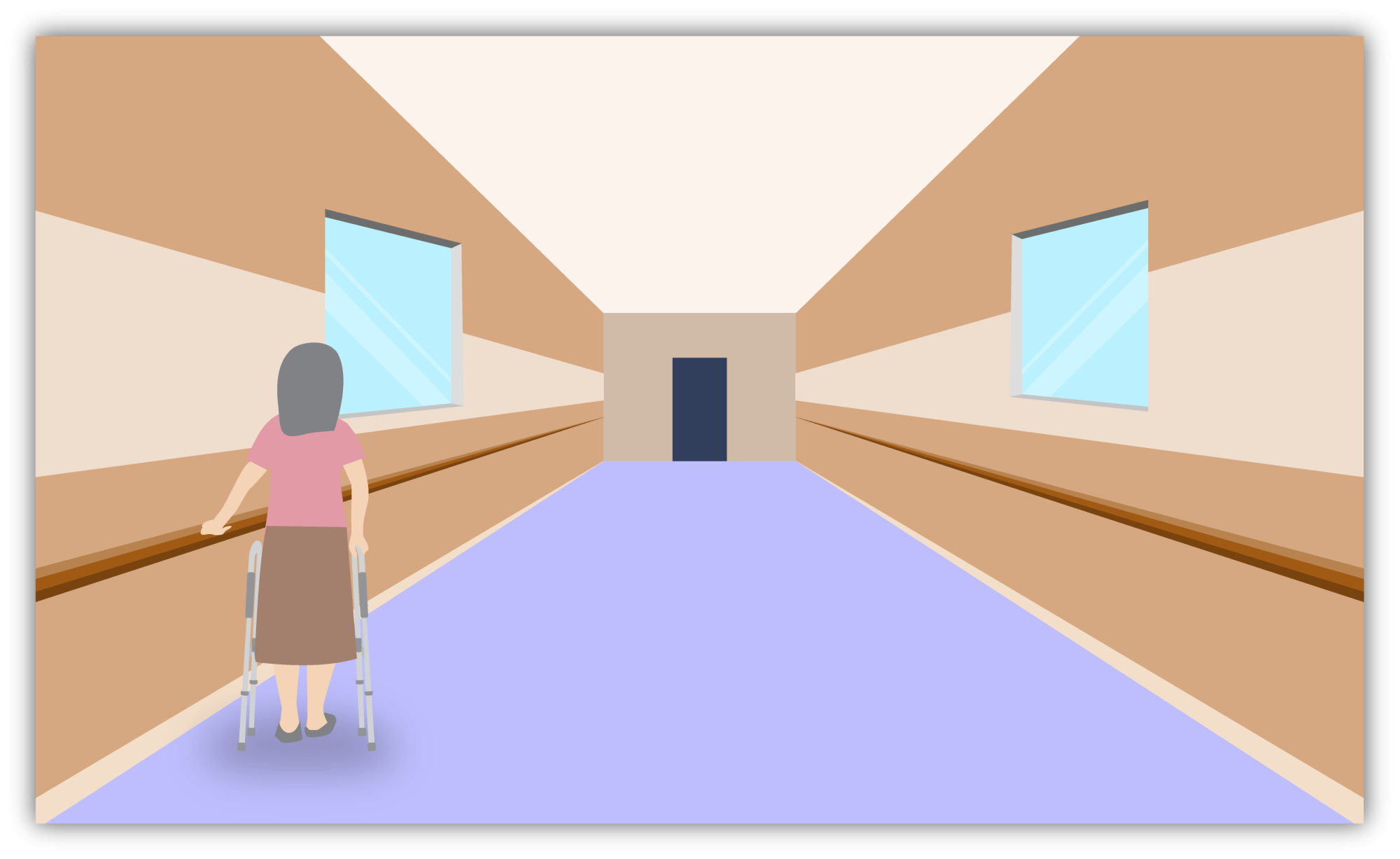What Level of Care Should a Nursing Home Resident Receive?
What Are The Laws Governing Nursing Home Resident Rights?
Although the precise legal definition of “standard of care” varies by state, it generally refers to the degree of care that a reasonably prudent, similar healthcare professional should exercise in treating a patient under the same or similar circumstances.
Every nursing home is required to provide this standard of care.
If the nursing home deviates from the standard of care, which causes or contributes to causing injuries and damages, then there may be a case of nursing home abuse or neglect.

What is the Standard of Care for Nursing Homes
Contents
What Rights Does a Nursing Home Resident Have for the Quality of Care?
Chapter #29: What is the “Standard of Care” in a Nursing Home?
Standard of Care for Nursing Home Treatment of Residents is on a Case by Case Basis
Chapter #30: Who Defines the “Standard of Care” is a Jury!
Florida Nursing Home Residents Rights
Chapter #31: Florida Nursing Home Abuse Laws
What Rights Does a Nursing Home Resident Have for the Quality of Care?
Chapter #29: What is the “Standard of Care” in a Nursing Home?
Although the precise legal definition of “standard of care” varies by state, it generally refers to the degree of care that a reasonably prudent, similar healthcare professional should exercise in treating a patient under the same or similar circumstances.
Every nursing home is required to provide this standard of care.
If the nursing home deviates from the standard of care, which causes or contributes to causing injuries and damages, then there may be a case of nursing home abuse or neglect.

Florida Nursing Home Standard of Care generally follows the Florida Medical Malpractice Standard of Care definitions.
There are two important places to look; our Florida Statutes and our Florida Jury Instructions.
Florida Statutes: §766.102 “The prevailing professional standard of care for a given health care provider shall be that level of care, skill, and treatment which, in light of all relevant surrounding circumstances, is recognized as acceptable and appropriate by reasonably prudent similar health care providers.”
Florida Jury instructions:
Negligence is the failure to use reasonable care. Reasonable care on the part of a healthcare provider is that level of care, skill and treatment which, in light of all relevant surrounding circumstances, is recognized as acceptable and appropriate by similar and reasonably careful health care providers.
Negligence on the part of healthcare providers is doing something that a reasonably careful healthcare provider would not do under like circumstances or failing to do something that a reasonably careful health care provider would do under like circumstances.
In Georgia the Standard of Care is defined in the Georgia Code Chapter 1 § 51-1-29.5 which says:
“Health care liability claim” means a cause of action against a health care provider or physician for treatment, lack of treatment, or other claimed departure from accepted standards of medical care, health care, or safety or professional or administrative services directly related to health care, which departure from standards proximately results in injury to or death of a claimant.
The standard of care is the attention and cautiousness a reasonable person should exercise in a specific circumstance to prevent harm.
Identifying Good Care and Bad Care in a Nursing Home
The Standard of Care is the gold standard that health care professionals must follow when caring for residents or patients. The standards are not clearly stated due to the variety of circumstances. Because they are not clear cut, the standard of care can be the main area of controversy in a nursing home abuse case.
The hiring of experts to give their opinion regarding the standard of care is important in any case.
If you have questions about whether the standard of care has been followed in your family’s case, call us at MattLaw®.

Standard of Care for Nursing Home Treatment of Residents is on a Case by Case Basis
Chapter #30: Who Defines The “Standard of Care” is a Jury!
There is no book, law, or clear definition of the standard of care. However, in a trial, each side of the case tries to say there is a standard of care, and their standard is more right than the other side’s definition of the standard of care.
The standard of care is on a case by case basis. What this means is every time a case goes to trial, the plaintiff and their experts say what they believe the Standard of Care is, and the defendants say what they believe the Standard of care should be.

It is ultimately the jury who decides what the standard of care is for nursing home residents in a particular state.
What is important to know is the jury has the power to tell all the citizens of their state what the standard of care is for every nursing home resident in their state.
The jury can set the bar as high or low as they deem proper. It is through our Civil Justice System that the jury is in charge of the quality of care given to each patient in every nursing home, ALF, doctor’s office and hospital. By rendering a verdict, only the jury has the power to say what the standard of care should be going forward.
The Standard of Care definition is subject to varying interpretations.
The jury system is what protects all of our rights from being violated by corporate wrongdoers.
Many nursing homes and ALFs rely upon arbitration agreements to take away your rights to a jury trial.
They know an arbitration is less likely to hold them accountable for their neglect and abuse.

Florida Residents' Rights
Chapter #31: Florida Nursing Home Abuse Laws
In Florida, nursing home actions are statutory (meaning written statutes list the laws to be followed) causes of action that are authorized under Florida Statutes, Chapter 400. The civil enforcement statute, Florida Statute section 400.023(1), authorizes a cause of action (lawsuit) for negligence or a violation of residents’ rights which alleges direct or vicarious (manager, director, or owner) liability for personal injury or death of a nursing home resident arising from such negligence or violation of rights. The law allows us to seek damages for such injuries or death against the nursing home licensee (usually the entity that holds the license for operating the nursing home), the licensee’s management or consulting company, the licensee’s managing employees, and any direct caregivers, whether employees or contractors of the nursing home.

Florida Statute section 400.023(5) further provides as follows:
(5) In a claim brought pursuant to this section, a licensee, individual, or entity has a duty to exercise reasonable care. Reasonable care is that degree of care which a reasonably careful licensee, individual, or entity would use under similar circumstances.
However, Florida Statute section 400.023(6) provides as follows with regards to the duty of care that the facility’s nurses owe to a nursing home resident in connection with caring for residents:
(6) In a claim for a residents’ rights violation or negligence by a nurse licensed under part I of chapter 464, such nurse has the duty to exercise care consistent with the prevailing professional standard of care for a nurse. The prevailing professional standard of care for a nurse is that level of care, skill, and treatment which, in light of all relevant surrounding circumstances, is recognized as acceptable and appropriate by reasonably prudent similar nurses.
Florida Statutes section 400.023(6), essentially mirrors the definition of the “standard of care” that is used in Florida medical malpractice cases, which is found in Florida Statutes section 766.102(1), which provides, in pertinent part, as follows:
(1) …. The prevailing professional standard of care for a given health care provider shall be that level of care, skill, and treatment which, in light of all relevant surrounding circumstances, is recognized as acceptable and appropriate by reasonably prudent similar health care providers.
This means that, in any Florida nursing home case in which it is alleged that the nursing home’s nurses were negligent in connection with their care and treatment of a resident, the plaintiff has the burden of proving, by the greater weight of the evidence, that the alleged actions or omissions on the part of the nurses involved represented a breach of the prevailing professional standard of care for the nurses which caused or contributed to cause the injuries and damages complained of in the lawsuit.
This is usually shown through the testimony of a qualified nurse and/or a physician expert witness, one or both of whom are knowledgeable in the standard of care applicable to the nursing staff.
Knowing the law is knowing your rights
Florida laws regarding nursing home neglect and abuse are complicated.
The Standard of Care is the level of care and services that nursing home residents can reasonably expect to receive.
These guidelines and expectations that nursing homes must adhere to are the basis of patient safety.
If you have questions about your rights, please call us at MattLaw® to discuss your case and questions.
We offer a free, confidential, no obligation consultation.

Nursing Home Abuse Laws in Georgia
Chapter #32: Georgia Nursing Home Abuse Laws
In Georgia, medical malpractice claims may be brought in any nursing home case wherein professional negligence by the facility’s nursing staff, for example, is alleged to have resulted in injuries and damages to the resident. The medical malpractice statutes must be followed in connection with bringing any such medical malpractice claim in nursing home abuse cases. Therefore, a nursing home plaintiff has to obtain an affidavit from a qualified expert nurse or doctor familiar with the Standard of Care applicable to any allegedly negligent nursing staff, for example, which outlines one or more negligent actions or omissions committed by the nursing staff which is claimed to exist and the factual basis for each such claim in connection with their care and treatment of the resident, pursuant to O.C.G.A. section 9-11-9.1. This affidavit has to be filed contemporaneously with the complaint that is filed in the case, and it is normally attached as an exhibit to the complaint.

Under Georgia law, medical professionals including nurses, owe a duty to exercise the degree of care and skill ordinarily employed by the profession generally under similar conditions and like surrounding circumstances.
This means that in any Georgia nursing home case in which it is alleged that the nursing home’s nursing staff was professionally negligent in connection with their care and treatment of a resident (i.e., that they committed medical malpractice or professional negligence), the plaintiff has the burden of proving by the greater weight of the evidence that the alleged actions or omissions on the part of the nurses involved represented a breach of the prevailing professional standard of care for the nurses, which caused or contributed to cause the injuries and damages complained of in the lawsuit.
Once again, this is usually shown through the testimony of a qualified nurse and/or a physician expert witness, one or both of whom are knowledgeable in the standard of care applicable to the nursing staff.
Standard of Care and Nursing Home Laws
If you are a victim of assisted living or nursing home abuse or neglect, or if you suspect that your loved one is or was the victim of assisted living or nursing home abuse and neglect, we would like to hear your story.
Call us at (813) 222-2222 to speak to an assisted living or nursing home abuse lawyer. Our experienced and dedicated assisted living and nursing home abuse attorneys at MattLaw® are ready to take legal action and help fight for the justice you deserve.
Related Articles
- The Ultimate Guide to Nursing Home Rights
- The Warning Signs of Nursing Home Abuse
- What Damage Can Be Recovered From Nursing Home Abuse and Neglect?
- Statues of Limitations on Nursing Home and Adult LIving Facility Abuse and Neglect Cases
- What is the Difference Between a Nursing Home and an Assisted Living Facility?
- Hiring a Lawyer for a Nursing Home Case, How does the Mattlaw Contingency Fee Contract Work?
- Preventing Nursing Home Abuse and Neglect
- Defining the Standard of Care for Nursing Homes and Adult Living Facilities
- Filing a Nursing Home Neglect and Abuse Lawsuit
- Other Sources of Information to Help You and Your Family

